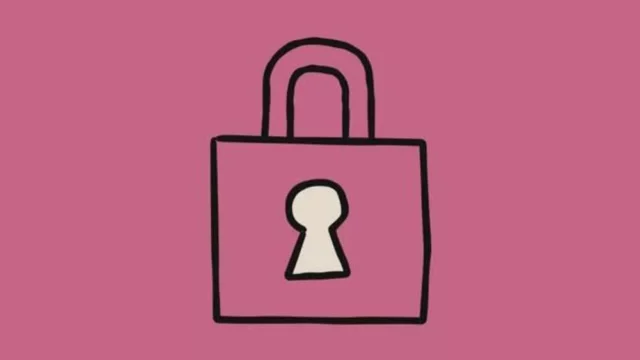The Stop Killing Games campaign just crossed an important threshold. Out of roughly 1.45 million collected signatures, early checks confirm that about 97% are valid. That’s a strong signal as the movement heads toward official review by European authorities.
Stop Killing Games edges closer to EU review

With more than one million required signatures in hand, the petition is now being prepped for the formal verification stage. This process should take around three months, after which the European Commission will decide how to respond. Campaign organizers are already bracing for the next phase, including outreach to lawmakers and countering pushback from industry lobbyists.
Even as founder Ross Scott and some long-term contributors step back, new members have stepped up to manage day-to-day operations. Organizers say this change is already creating positive results, keeping momentum steady at a crucial point.
The campaign’s origins and demands
Stop Killing Games began in 2024 after Ubisoft shut down The Crew, leaving buyers unable to play a title they had paid for. The campaign argues that this practice unfairly erodes consumer rights. At its core, the demand is straightforward: companies should provide a way to keep games playable after official support ends. That could mean offline modes, private servers, or other long-term solutions.
The stakes are high. With both production and purchase costs rising, losing access to games feels like losing an investment. This petition reflects the frustration of players who expect lasting value from the titles they buy.
Why Stop Killing Games matters
Supporters now see clear evidence that the petition isn’t just big in numbers but also legitimate. A 97% validation rate demonstrates strong organization and wide appeal across Europe.
Key points fueling the push include:
- Protecting ownership rights for digital purchases
- Preventing servers from being shut down without alternatives
- Demanding accountability from major publishers
- Ensuring games remain accessible despite rising costs
What happens next
The official verification will determine whether the petition reaches the European Commission. If accepted, lawmakers will have to weigh new regulations that could force publishers to guarantee continued access. For now, campaign leaders encourage backers to stay active on Reddit, Discord, Mastodon, and Twitter.
The next few months could be decisive. If lawmakers act, it could mark a turning point where games are no longer disposable products, but lasting pieces of culture. The clock is ticking, and the players are watching.














